
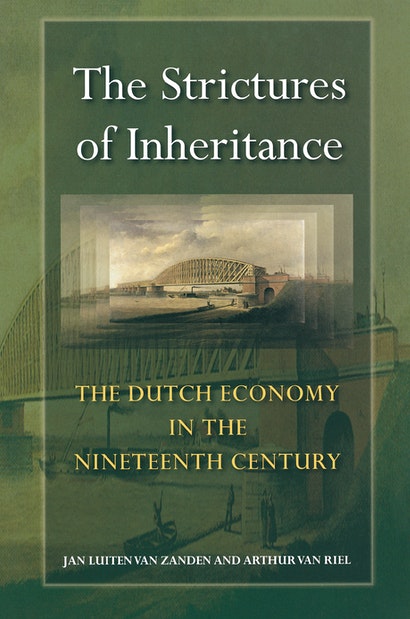

Books in series

The Vanishing Irish
1997

The Strictures of Inheritance
The Dutch Economy in the Nineteenth Century
2021

Creating Wine
The Emergence of a World Industry, 1840-1914
2011

Uneven Centuries
Economic Development of Turkey since 1820
2018
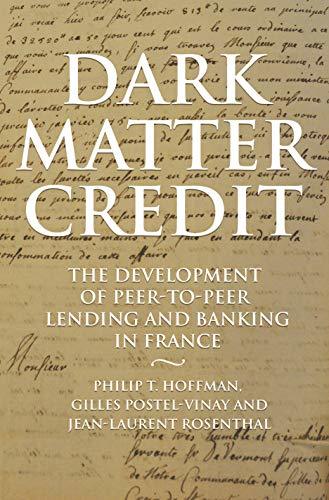
Dark Matter Credit
The Development of Peer-to-Peer Lending and Banking in France
2019
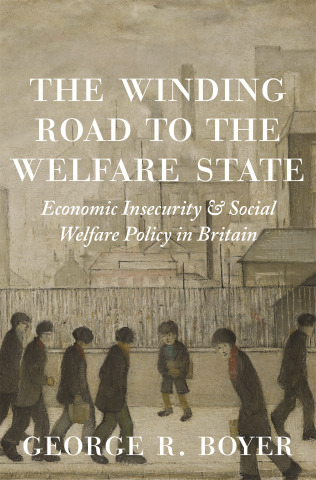
The Winding Road to the Welfare State
Economic Insecurity and Social Welfare Policy in Britain
2018

The European Guilds
An Economic Analysis
2019
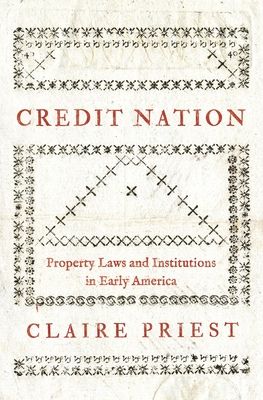
Credit Nation
Property Laws and Institutions in Early America
2021

The Israeli Economy
A Story of Success and Costs
2021
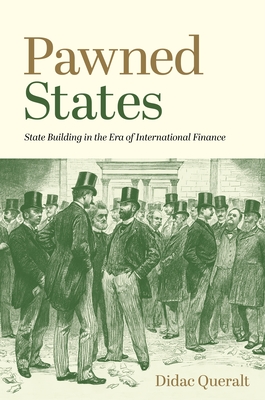
Pawned States
State Building in the Era of International Finance
2022
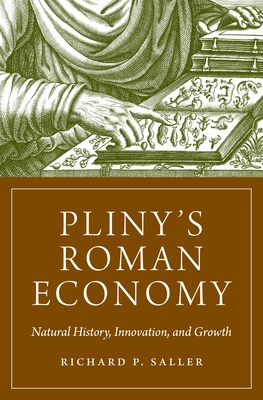
Pliny's Roman Economy
Natural History, Innovation, and Growth
2022

The Corporation and the Twentieth Century
The History of American Business Enterprise
2023
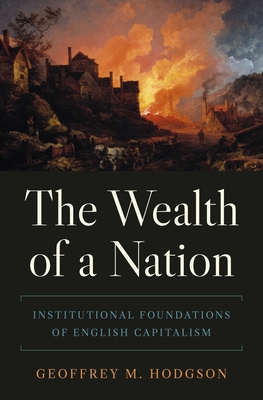
The Wealth of a Nation
Institutional Foundations of English Capitalism
2023

Pioneers of Capitalism
The Netherlands 1000-1800
2022
Authors


Şevket Pamuk, born in 1950, is an internationally recognized professor of economics and economic history. Pamuk is also the older brother of Nobel Prize-winning Turkish novelist Orhan Pamuk.